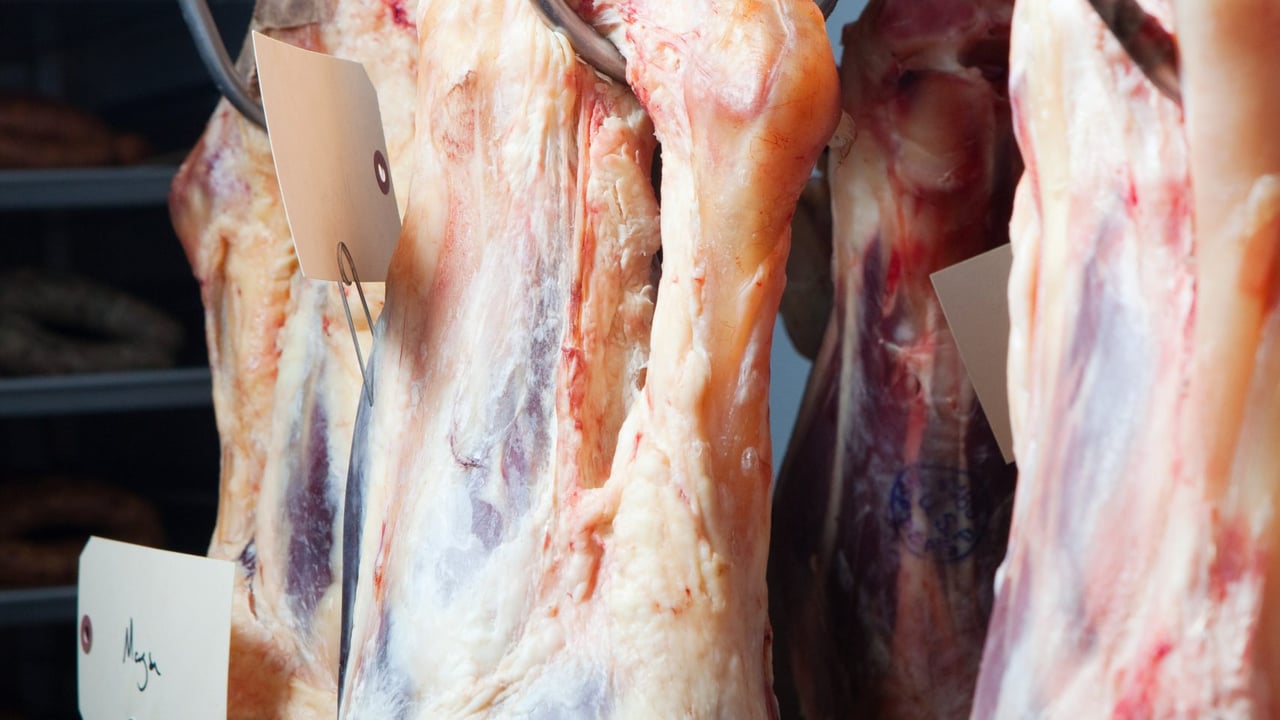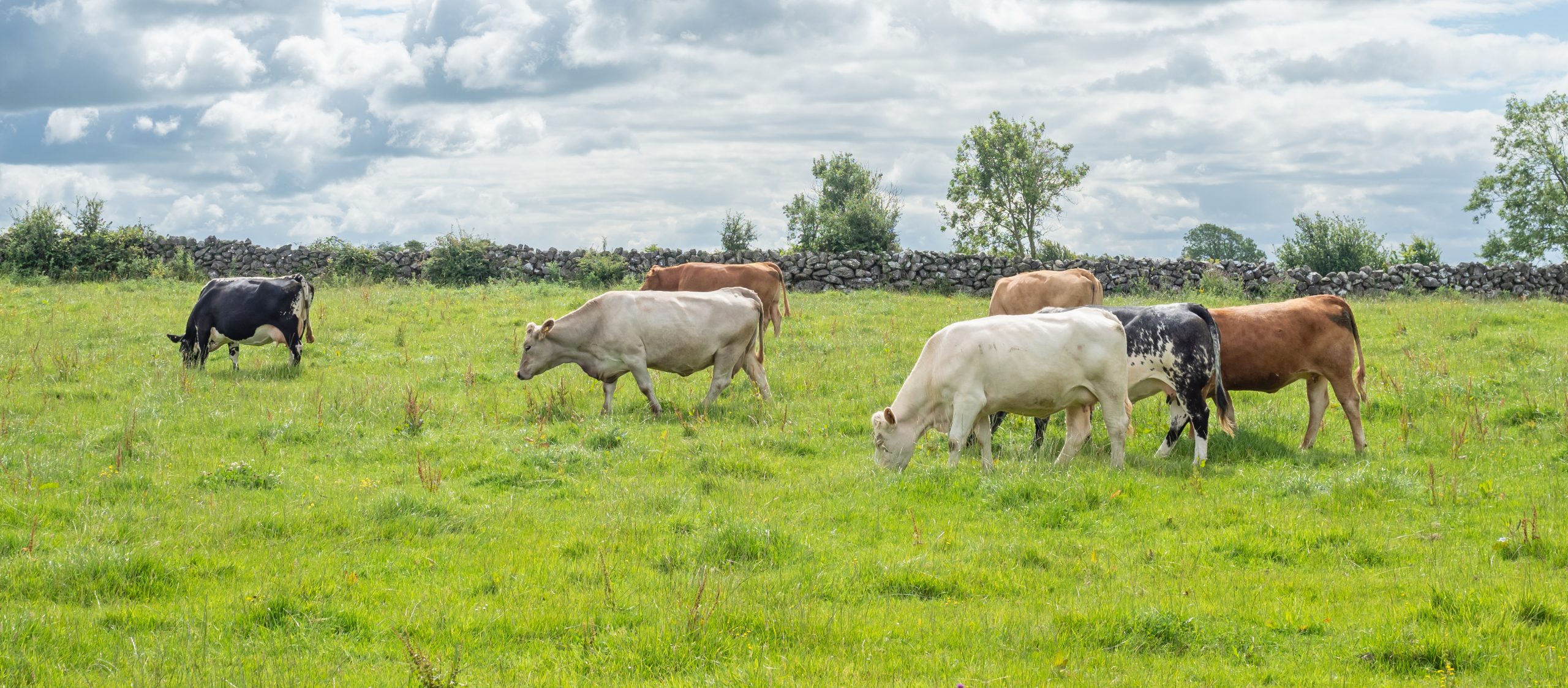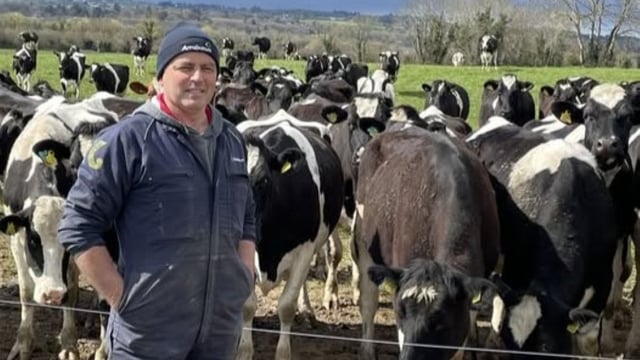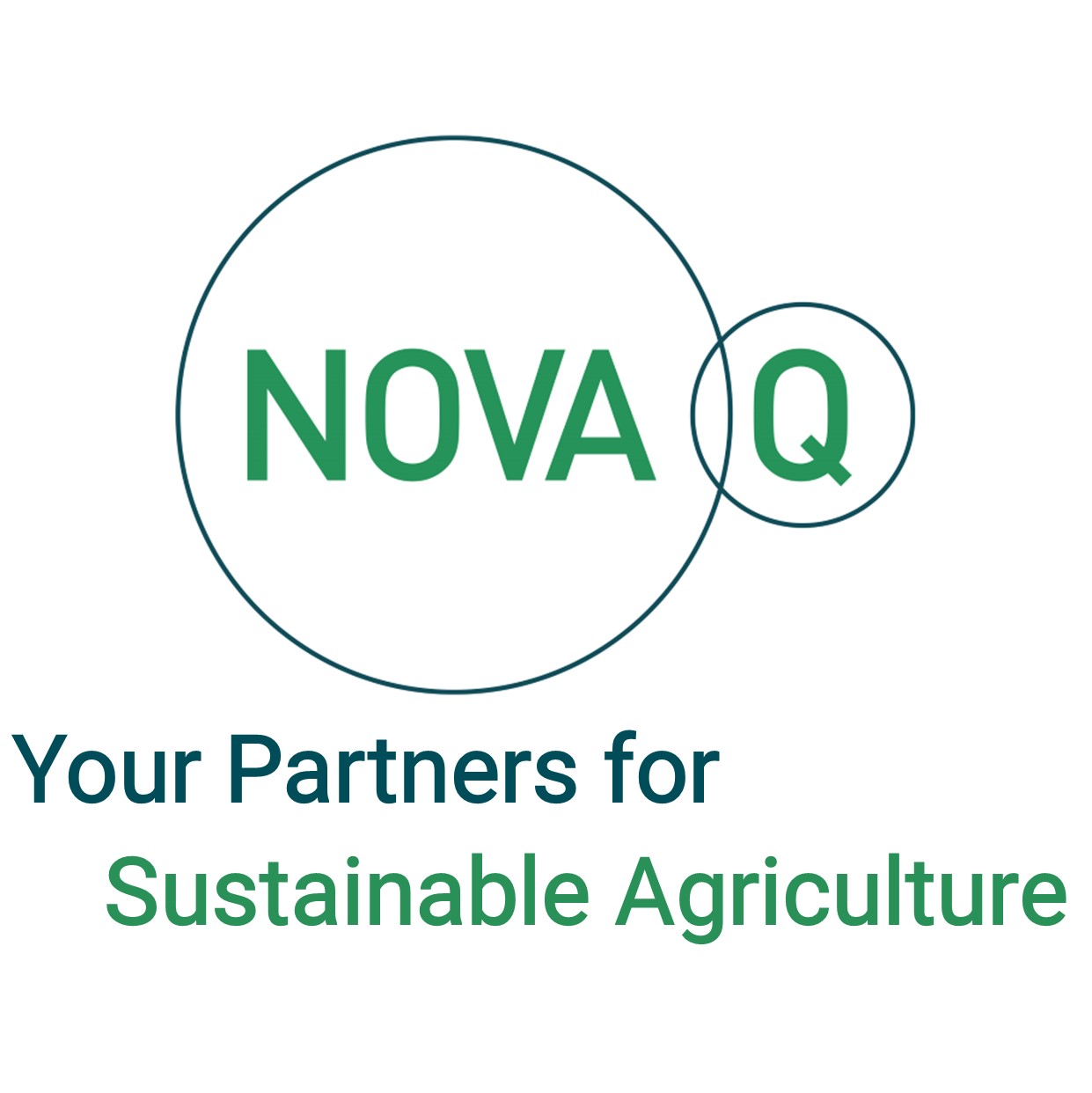Processors 'attempting to control both mart and factory trade' - farm org
A farm organisation has called out meat processors for what it considers their "futile attempt to regain control" of the beef trade.
Irish Creamery Milk Suppliers' Association (ICMSA) livestock committee chairperson Michael O'Connell said that there has been a "huge swing in momentum" regarding supply of beef cattle this year.
He said this is "completely frustrating the processors who found themselves in the unaccustomed role of having to battle it out ringside for beef cattle into the month of August".
O’Connell cited reports that some processors have "indicated they would not slaughter cattle unless they had more than 30 days residency in the final quality assured (QA) herd", while also "removing their own factory staff from ringside in an attempt to encourage farmers away from the marts to slaughter directly".
“We’ve also had talk about how demand in the UK is slowing down," O'Connell said.
"But the price of beef there has increased; their population is still growing, and we are their nearest suppliers of beef out of a system they know and trust.
"There’s going to be a huge demand for Irish beef and yet again, the processors are just fooling themselves in terms of trying to convince us of something that we can see is just not going to happen."
He said that "tricks" to try and get farmers to sell directly to the factories are "having the opposite effect; beef cattle have increased in price in marts, and the return of more northern customers down south is keeping the pressure on and continuing the flow of beef cattle to marts".
O’Connell said that the factories were "attempting to control both mart and factory trade".
“By encouraging farmers to slaughter direct, it will stabilise mart prices allowing factories to start buying stores at potentially lower prices for their own feedlots," he said.
"That’s their logic, but it's not going to work because it's a sellers’ market. Our feeling is that they will be back ringside very quickly as they won’t have the cattle to kill.
"All the variables have come together for the farmers: cattle are thriving, there is super grass growth, price is solid and even if cattle go over 30 months, the additional weight gain and increased kill-out percentage will more than compensate the potential loss in QA bonus."
He said that ICMSA is aware of deals being offered "where it was made clear that it didn’t matter if beef cattle were over or under 30 months, farmers were offered 20c/kg QA as a sweetener".
"Flat prices are well and truly still available for Friesian, Hereford and Angus cattle but mart prices are still notably ahead of slaughter price," O'Connell added.
“In some marts, heavy Friesian cattle made up to €4.20c/kg liveweight in comparison to top-reported flat prices of €7.50-7.60c/kg from factories.
"With a good beefy Friesian bullocks kill-out being in the region of 49%-51% depending on the conformation, you would need a flat price of €8.35 to €8.40 to equate to the mart price.”
Irish Cattle and Sheep Farmers' Association (ICSA) beef chairperson John Cleary said that processors must increase the QA bonus from its current 20c/kg "if confidence in the system is to be restored".
“Factories have spent much of this year paying flat prices, where it has made little or no difference whether cattle were QA or not," Cleary said.
"QA status simply hasn’t mattered a jot, with out-of-spec animals treated the same as those meeting all the criteria.
"This approach has been an own goal by the industry, because it has stripped away any real incentive for farmers to maintain QA compliance. The scheme has, in effect, been allowed to go out the window."
Cleary said that currently, the 20c/kg QA bonus "represents just 2.5% of the average carcass".
"ICSA believes this must increase to around 10% to properly reward farmers. That is the only level that will send a clear signal to farmers that the high-quality product they deliver is actually valued," he said.
The ICSA added that the prospect of greater beef imports from outside the EU because of trade deals "makes it more important than ever to differentiate Irish beef".
“Our QA beef is produced to the highest environmental, traceability, and animal welfare standards. If we want to maintain market share and premium positioning, we must reward quality properly and consistently," according to Cleary.
"The Irish beef sector prides itself on producing a supreme product. If processors want farmers to continue delivering that, then a fair and substantial QA bonus is now essential.”






